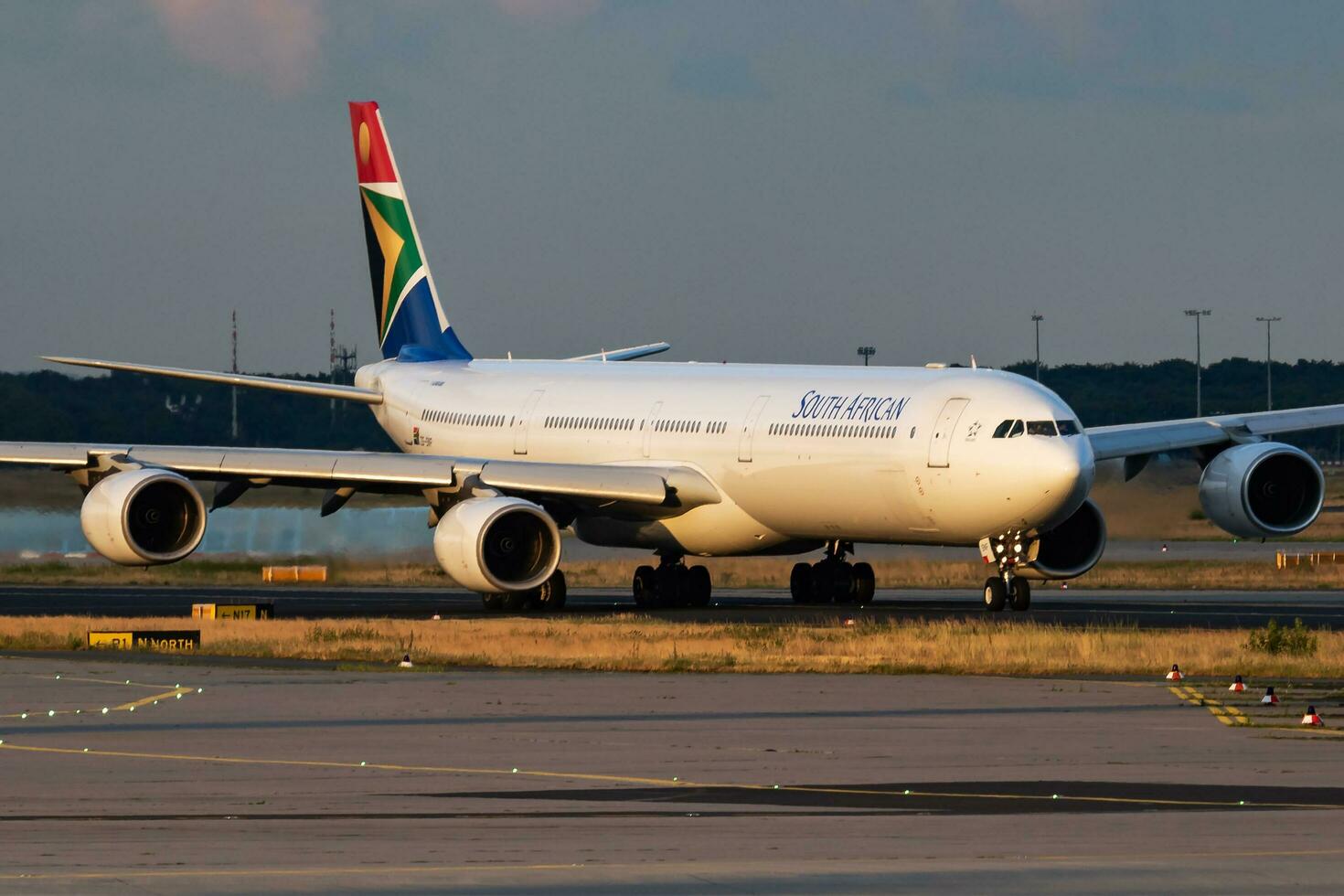South Africa and the UK have a strong trade relationship. With annual bilateral trade worth around £10 billion, and the South African economy showing steady growth since 2020, it presents an interesting territory for any UK exporters to move into. Air freight to South Africa is simple to organise, through a good freight forwarder. There’s a strong demand for British goods – particularly food and drink. And the country provides an important and strategic gateway to the African continent. But before embarking on a South African venture, it’s important to understand both the challenges and opportunities it brings.
Air Freight to South Africa: The Challenges and Opportunities
The challenges of sending air freight to South Africa
Freight costs
Air freight has always been more expensive than ocean freight, regardless of destination. Fluctuating fuel prices are always passed on to the shipper. And this can mean that it’s not always a viable solution for businesses working to a tight budget or shipping low-margin products. However, for businesses working with premium goods and lightweight products that can be transported in bulk, it’s still a valuable option. It’s also considerably faster, more efficient, more reliable, and more secure than other shipping methods.
Regulatory compliance and customs
South Africa is known for its strict customs regulations. This means that the onus is always placed on the shipper to ensure that the correct documentation – like commercial invoices, certificates of origin, and airway bills – are in order. Any errors can lead to delays or fines. Working with a reputable freight forwarder can help with this. You also need to be aware of all relevant import duties and taxes. And the health and safety requirements related to the import of specific products, including food, drink, and agricultural goods.
Infrastructure
South Africa is roughly five times larger than the United Kingdom in terms of land area. And despite being classed as an upper-middle-income economy, it faces significant wealth inequality and poverty in places, which means that in some areas the freight infrastructure is lacking. This can mean that shipping to or from remote areas incurs longer lead times, delays, or higher costs. And that some areas may not have adequate warehousing facilities.
Security concerns
Air freight is the most secure means of transporting goods. Stringent security measures keep freight protected. But South Africa in general has a very high crime rate, including theft, which means that if you’re transporting goods to more remote areas, you may suffer losses. Ensuring proper packaging, secure logistics, and using trusted freight forwarders can help mitigate these risks.
The opportunities of sending air freight to South Africa
Africa’s gateway
South Africa isn’t just a strong trade partner for the UK. It’s a key trade hub for the entire continent. Air freight is the most efficient way to enter this growing market, particularly for high-value or time-sensitive goods. So, when you send a pallet to South Africa, you have the potential to scale your business to 53 other countries. With the African Continental Free Trade Area (AfCFTA) in place, which aims to increase intra-African trade, there’s also huge opportunity for businesses using South Africa as a trade hub.
Time-sensitivity and security
Because food is such an important British export to South Africa, air freight is particularly valuable. As the fastest mode of shipping, it’s ideal for perishable goods, including food, drink, and pharmaceuticals.
The security offered by air freight is also integral for high-value goods. South Africa is known for producing high-value commodities, such as precious metals, wine, and agricultural exports. So, if you’re sending goods in the other direction – from South Africa to the UK – air freight adds the additional security needed for peace of mind.
Investment in infrastructure
South Africa may not yet have a fully developed transport infrastructure, but there’s currently a lot of investment in that area. This includes improving airport facilities, cargo terminals, and road networks, which will benefit air freight and make the logistics process smoother in the coming years. But if you work with an established freight forwarder with a reliable network of contacts, you don’t have to wait to enjoy those benefits. While burgeoning technology is already making it easier for businesses to track and monitor their shipments while they’re in transit.
Sending air freight to South Africa has its challenges. But when you work with a freight forwarder, most of them can be easily managed. And with a growing economy, investment in logistics infrastructure, and strategic positioning within Africa, there’s a huge amount of potential for businesses willing to take advantage of the opportunity South Africa presents.
Are you looking for a reliable freight forwarder to support your South African imports and exports? Get in touch with Plexus Freight.


